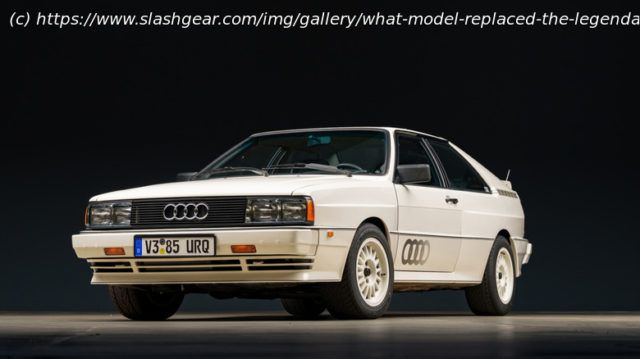Following up the legendary Audi Quattro was no easy feat in the early ’90s, which is probably part of why its successor doesn’t get as much attention.
For decades, Audi has pushed the boundaries of style and innovation in the automotive industry, leading to the development of some models ranked among the best German cars in history. However, the Ingolstadt-based automaker had a rocky start. The company was founded in the early 20th century by August Horch. By 1932, Audi had become part of a conglomerate with Dampf-Kraft-Wagen (DKW), Wanderer Werke, Horch (the founder’s first company), and Audi — unified together under the umbrella of Auto Union AG, the predecessor of today’s Audi. The four rings in the company logo represent these four companies from the early days. After transitioning through a series of mergers with different owners like Daimler and Volkswagen, the company’s title was finally shortened to its modern name of Audi AG in 1985.
Five years before its final corporate transformation, Audi launched the Quattro, one the most iconic rally cars of all time, which was named for its trendsetting all-wheel drive. This first generation is commonly referred to as the «Ur-Quattro», with the ur used as a common German prefix to indicate «original», or «first of its kind.






